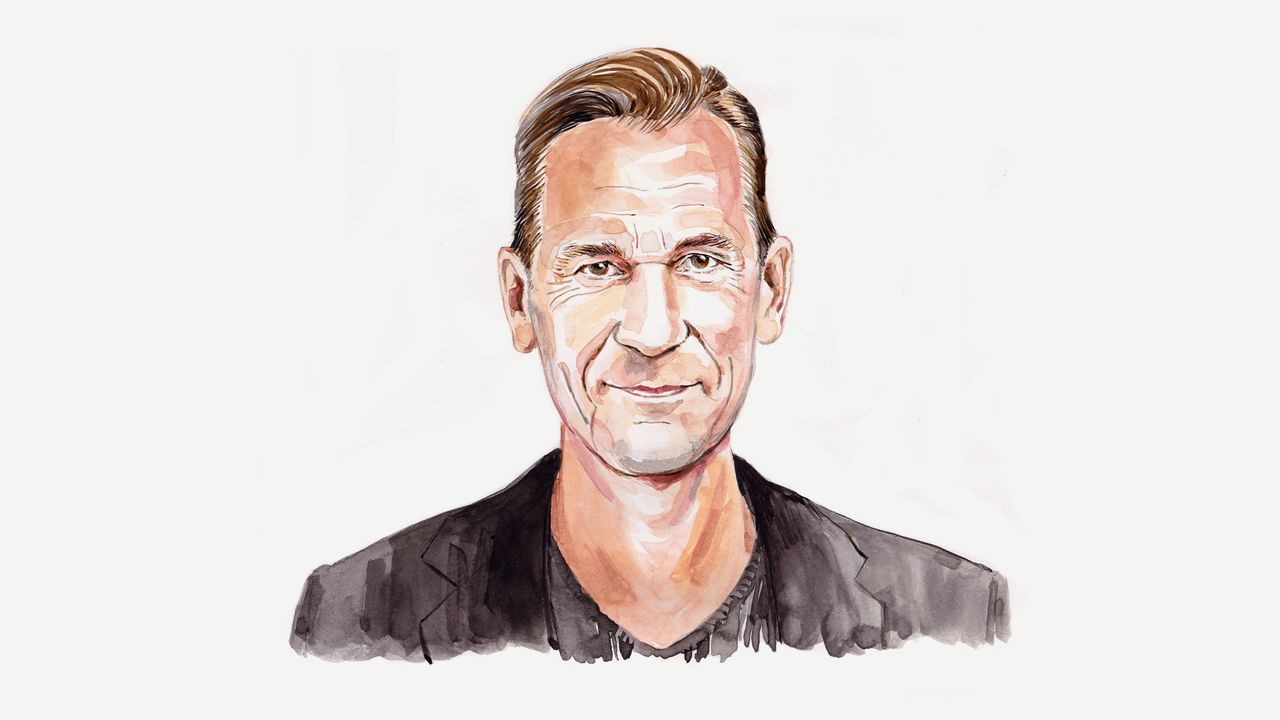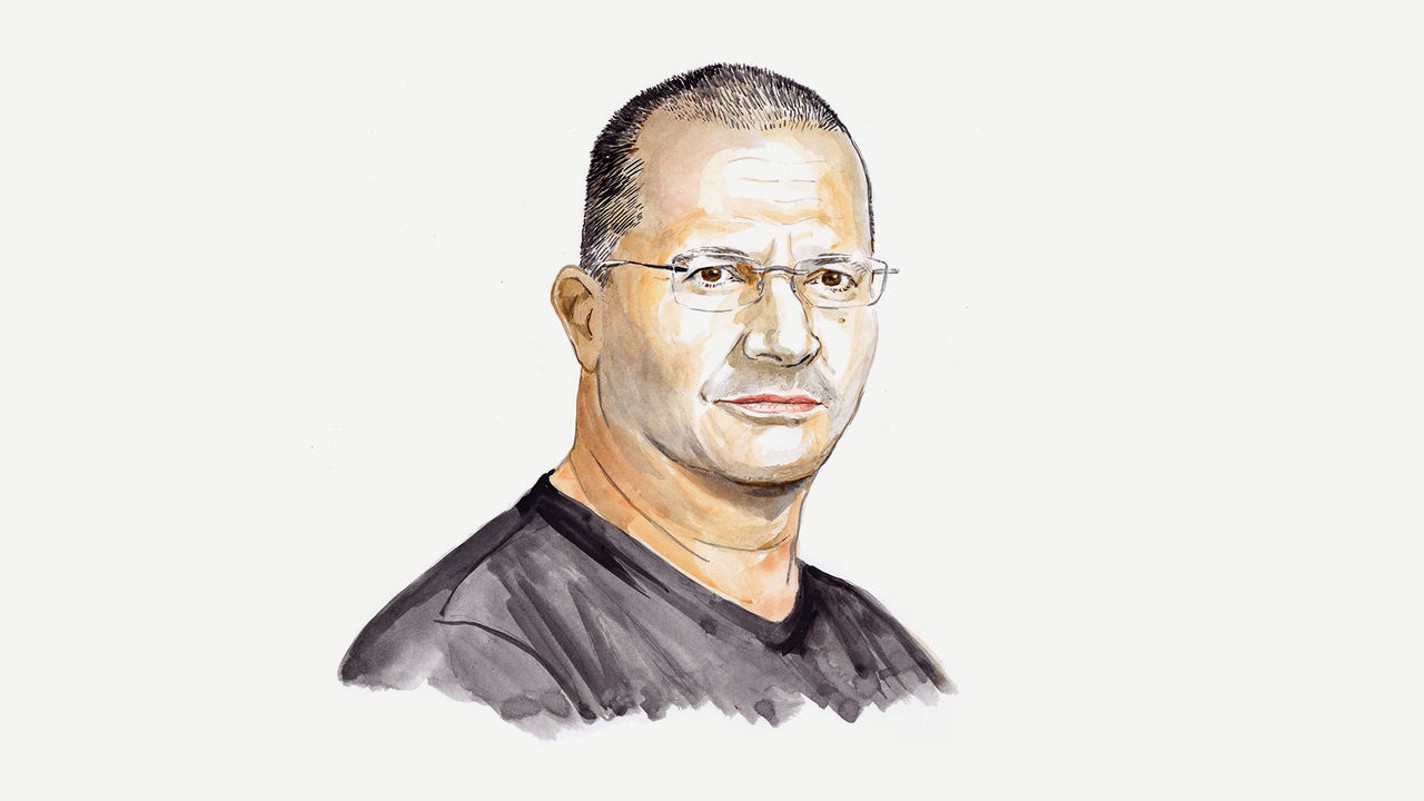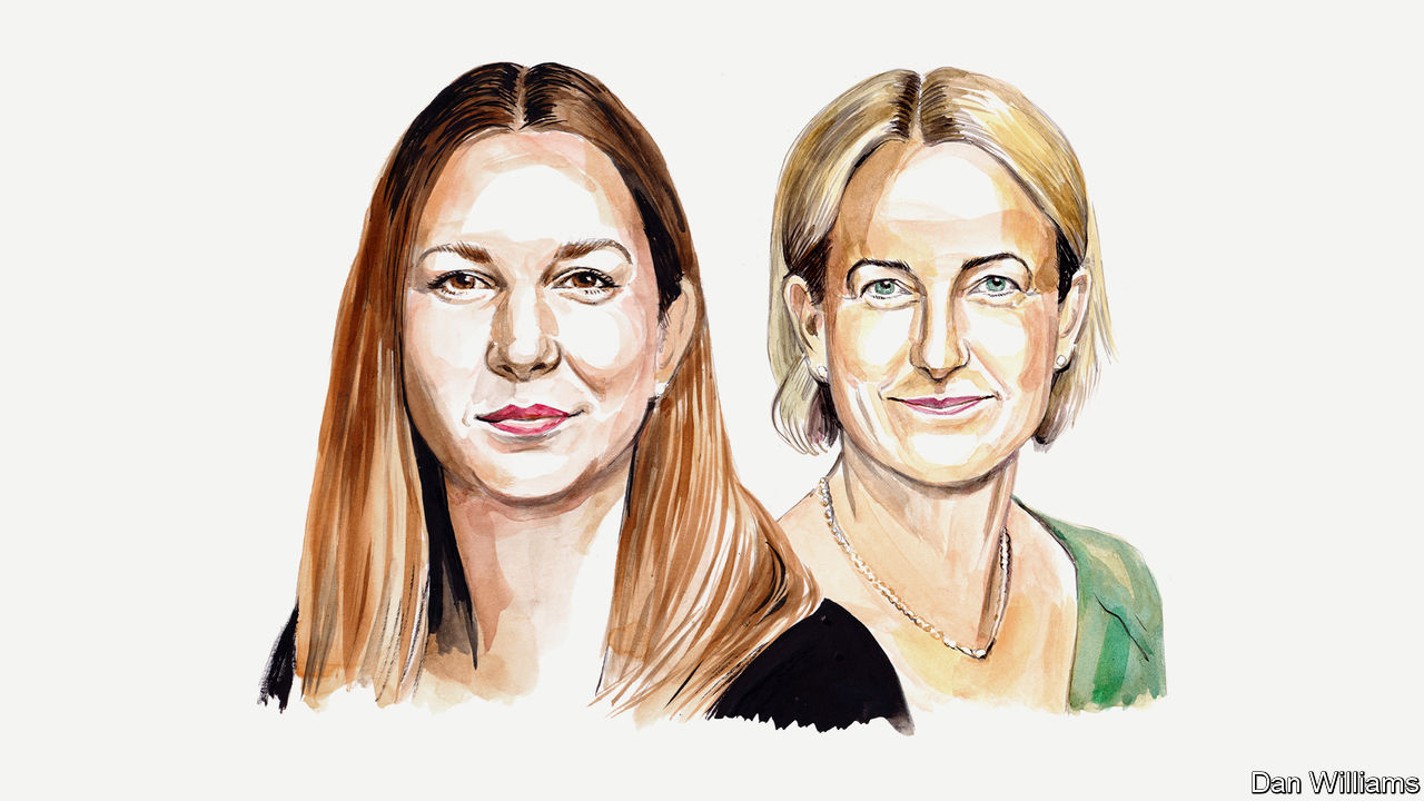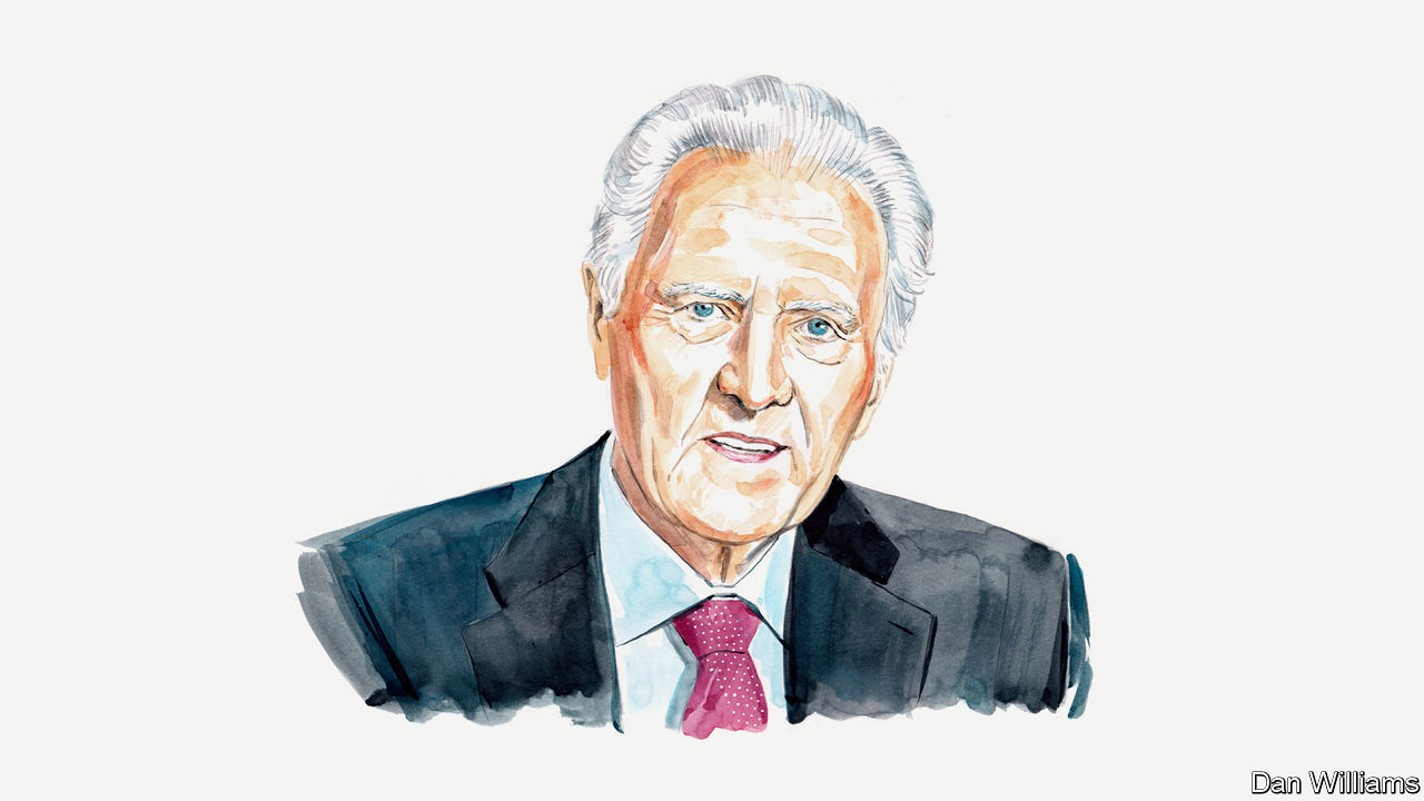Mathias Döpfner argues that the global trading system needs a shake-up
Free trade and freedom should be linked, says the businessman and author

ADAM SMITH is still the North Star for free-traders. But the 18th-century economist, who always placed national defence and security above wealth, would turn in his grave if he could see how free trade has been exploited in recent decades to the advantage of totalitarian systems and to the detriment of democracies. If we go on like this, we will get Marx instead of Smith.
Almost all democratic countries have fed this unfortunate trend, by naively strengthening bad actors through short-sighted and asymmetric trade policies. Now the West is paying the price.
Large parts of Europe, and to a lesser extent America, spent much of the past 30 years strengthening their business relations with undemocratic Middle Eastern countries from Saudi Arabia to Qatar, as well as with China and Russia. In doing so they bolstered Islamist and other autocratic regimes that have systematically undermined Western values. The war in Gaza is just the latest chapter. Through trade and other commercial ties, democracies helped to financially strengthen countries that have funded Hamas and other terrorist organisations that are escalating their war against the open-society model—in their eyes, the decadent Western lifestyle.
Ignoring these dangers was just as short-sighted as the policy errors that helped make the war in Ukraine possible. Under Angela Merkel, Germany turned away from nuclear energy and steadily increased its imports of Russian gas, from 36% of its total gas imports in 2011 to 65% in 2020. Mrs Merkel’s trade policy helped finance Vladimir Putin’s aggression. The current German government has tried to pivot away from Russia, but the damage will prove long-lasting.
Trade entanglements with China will have even more dangerous consequences for the West. Since joining the World Trade Organisation (WTO) in 2001, China’s share of global GDP has grown almost five-fold, to over 18%, while those of both America and the EU have fallen significantly. It was a big mistake to expose market economies to a state-led capitalism that abuses existing terms of trade and competition—like agreeing to a football match where your team plays by FIFA rules and the other by its own.
China continues to enjoy developing-country status within the WTO—allowing it to benefit from looser rules and privileges—even though it is the world’s second-largest economy. It contributes almost a third of the world’s carbon emissions (more than the next five largest polluters combined) and continues to expand its coal-based power generation. Any effort to combat climate change without China is pointless. Western countries have, in any case, contributed to the problem by outsourcing their climate sins to China—shifting production to an economy in which environmental protection is poor, child labour is accepted and human rights are flexibly defined.
The West’s current approach to trade is rooted in dependency. A large portion of antibiotics prescribed in America are made with ingredients that come from China. Similar reliance abounds on the export side of the ledger: the three largest German carmakers sell more than a third of their vehicles to Chinese consumers. And then there is Taiwan. Businesses based on the island control 90% of the global market for the most advanced and sophisticated microprocessors. Were China to attack Taiwan, the chip industry would be at the mercy of the Chinese Communist Party.
The West has, in short, been led into a trade trap. To escape, it needs to reinvent truly free trade.
The WTO is not the answer. Dysfunctional and bureaucratic, it is part of the problem. It should cease operations and make way for a more stripped-down, efficient approach—something more like the General Agreement on Tariffs and Trade, or GATT, that preceded the WTO. At its core should be a new alliance of democracies whose membership is based on three simple criteria: acceptance of the rule of law, respect for human rights and robust carbon-emissions targets. Any country that meets these criteria could trade tariff-free with other members. Those that don’t would be subject to high tariffs. It would be a trade policy based on incentives rather than outright prohibitions.
Every country would be free to join. For some it would involve a decision about whether to provide a little more freedom for a lot more prosperity and stability. The concept would stimulate and strengthen democratic economies. Like any good tax reform, the short-term losses would be far outweighed by the medium- and long-term gains. Over time, the price of sticking with the current, increasingly flawed model would be higher.
For 17 straight years Freedom House has recorded a decline in democracy around the world, and some 40% of the world’s population now live in countries that the think-tank considers “not free”. But democracies still account for almost 70% of global economic output. Open societies still have the upper hand.
If they are not to lose it, they must act now, led jointly by America and Europe. America cannot succeed alone; unilaterally decoupling from China would only further weaken the American economy. And a Europe that decoupled alone would achieve even less, ending up as a theme park for nostalgic tourists that created little value.
For the sake of democracy, we need a new framework that is centred on truly free trade among free countries. Because we cannot trade freedom for profits. If we do, we will lose both.■
Mathias Döpfner is the chief executive of Axel Springer and the author of “The Trade Trap: How to Stop Doing Business with Dictators” (2023).
More from By Invitation

David Enoch argues that much of the public discourse on the Israel-Hamas conflict is depressingly simplistic
Intellectuals should be more honest about the uncertainties, says the legal philosopher

The United Kingdom’s political constitution is under severe strain
Relieving it requires stronger checks on power, say Jess Sargeant and Hannah White

Think twice before shaking up the House of Lords, says its speaker
Lord McFall of Alcluith makes the case for incremental change